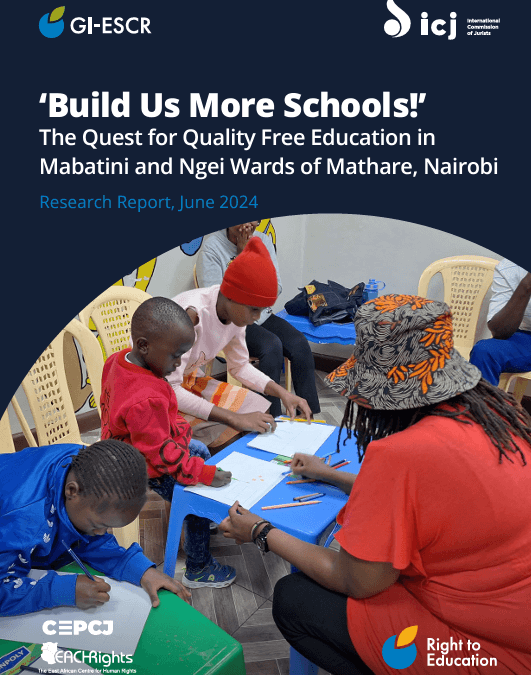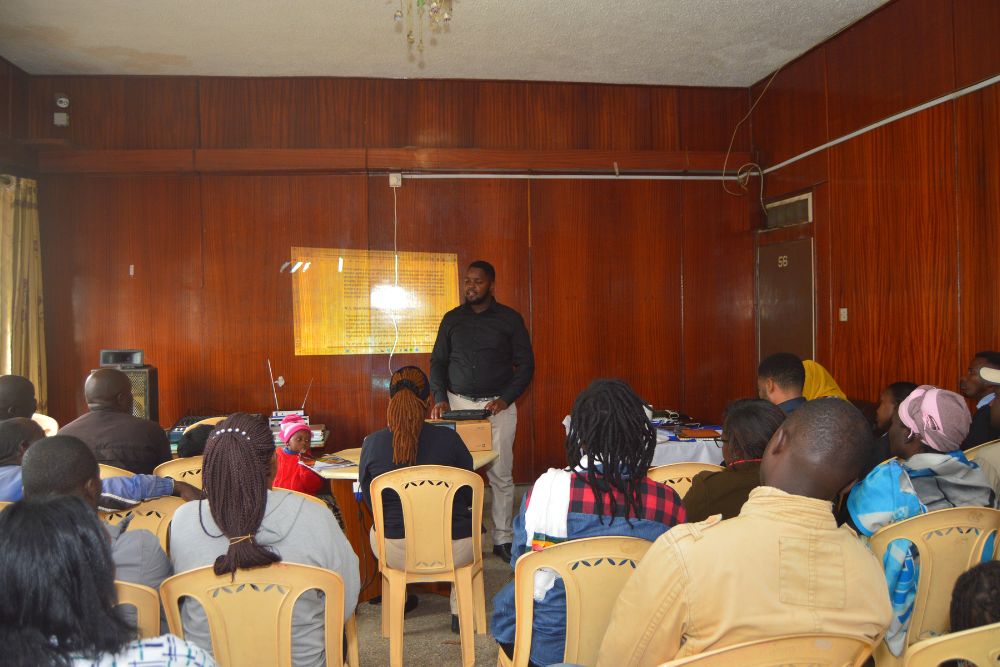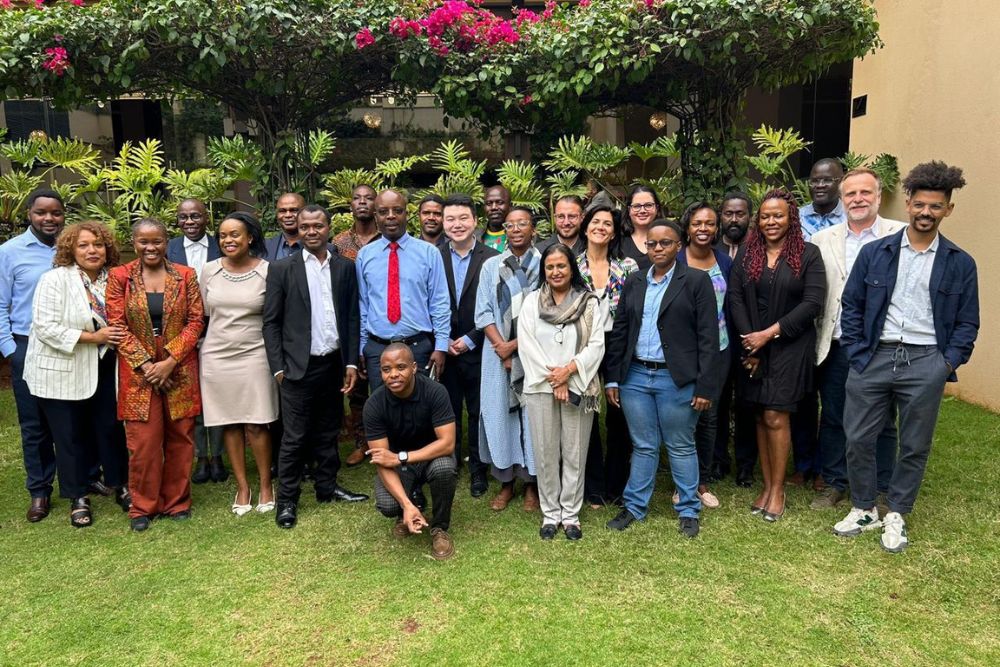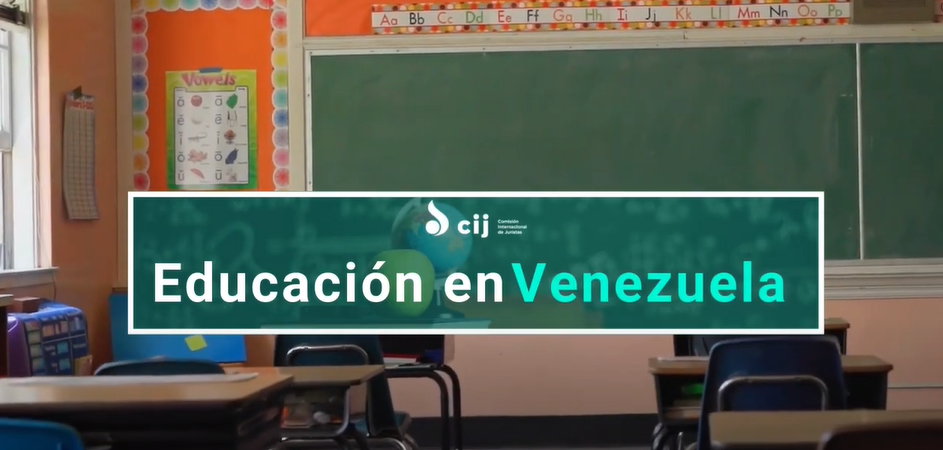
Jul 22, 2024
The report was produced by the Mathare Community Education Taskforce (Taskforce), in partnership with the International Commission of Jurists (ICJ) and the Global Initiative for Economic, Social and Cultural Rights (GI-ESCR).

Jul 22, 2024 | Advocacy, Reports
In Mathare, a large informal settlement in Nairobi, Kenya, there is an urgent need to improve access to quality public education, and to regulate private actors providing educational services in the community. These are some of the key findings in ‘Build Us More Schools’: The Quest for Quality Free Education in Mabatini and Ngei Wards of Mathare, Nairobi, a research report published today.

Jun 12, 2024 | Events, News
On 5 and 6 June 2024, the International Commission of Jurists (ICJ) and its partners – the Institute of Commonwealth Studies and the Commonwealth Secretariat – held an Africa regional consultation on a human rights-based approach to criminal law with stakeholders in Nairobi, Kenya.

May 30, 2024 | Informes, News, Publications, Thematic reports, Web Stories
In a report released today on the right to education in Venezuela, the International Commission of Jurists (ICJ) called on Venezuela to take immediate measures to reverse the sharp deterioration of the public education system over the past decade. The report, Hidden...

Apr 30, 2024 | Informes, Publicaciones, Publications, Publications, Thematic reports, Web Stories
In a report released today, the International Commission of Jurists (ICJ) evaluates the failure of Venezuela’s Public Prosecutor’s Office to address cases involving gross human rights violations amounting crimes under international criminal law. The report concludes...









